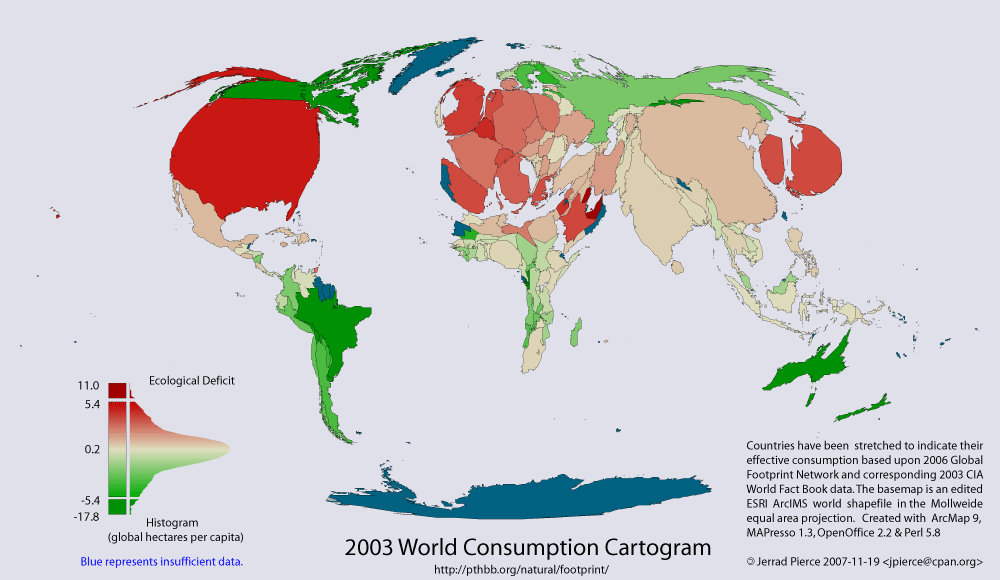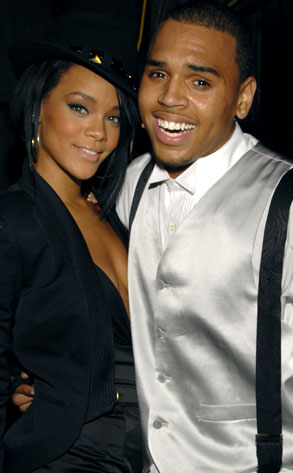Anyhow, in going over the awards that were already given out, the single biggest thing I can say is, do yourself a favor and rent Man on Wire. It is a documentary about the man who walked on a tightrope between the two towers of the world trade center in the mid 70's after they were just built. It is put together like a bank heist, and it is just magical and captivating, and captures a sense of wonder and whimsy that is infectious. I honestly cannot recommend this enough.
Now, I'm happy for Slumdog Millionaire (and I really do need to go out and see it), but I'm a little sad that they didn't acknowledge the female Indian co-director who's assistance allowed for the film to take such advantage of the city of Mumbai and it's citizens (although she herself is fine with it).

There aren't enough female directors, and they don't get the same chances as men in the field. And a lot of times when women direct films, they are independently produced and financed. It was funny to see how shocked people in the industry were at the success of Sex and the City (which I didn't see, and am saving for perhaps a hormonal moment to be accompanied by chocolate ice cream and irony). Like the concept that women might respond to a movie about them was inconceivable. I am hoping the ongoing "digital revolution" enables more female directors to go out and make films, and that they get seen by larger and larger audiences, because there is a difference between the male and female gaze.
Now, I have another film recommendation that was nominated in the screenplay category (Sally Hawkins got robbed)!
Happy go Lucky is a film that follows an woman who loves life and who faces life head on with a heart full of love and a mind open to adventure. She is a single elementary school teacher in England who lives with her best friend, and enjoys her life and looks for the positive no matter what comes her way. It sounds like it's going to be a super-sappy Pollyanna type story, but the acting and directing keeps it fresh and honest. I found it especially affirming being a thirty-something single woman myself.
And here are some random thoughts about the parts of the Oscars that I did see:
*I think I love Anne Hathaway a little more because of how excited she was for Kate Winslet
*as my friend Adam pointed out, it's a little odd to have to read your best friend's name off a little scrap of paper, Sean Penn.
*And I was impressed that his acceptance speech was as toned down as it was, considering he won it for playing Harvey Milk. He's not exactly known for having a light touch
*I thought the little "senior yearboook-like" speeches to each of the nominees was kind of endearing, but I wonder who picked the pairings
*Robert DeNiro wins on the introduction front
As for nominated films, I've seen....a few
(films I've seen, films I'd reccomend, films I want to see, films I have no idea about, meh)
Frost/Nixon (I'm a sucker for a political thriller)
Milk (not burning to see it, but wouldn't turn it down)
The Reader (I'm all holocaust movied out)
Slumdog Millionaire (heck, I'd see it for the soundtrack alone!)
The Visitor
The Wrestler (this is one of those movies you have to be in the right mood for, because it's bound to be depressing)
Rachel Getting Married (this looked good, and I like Anne Hathaway. The Devil Wears Prada is much better than you'd think based on the title, mostly because of Hathaway and Streep)
Changeling (More because this is the type of noir story I enjoy than Angelina Jolie's presence)
Frozen River
Doubt (see notes for The Wrestler)
Tropic Thunder (ZOMG! I LOVE this movie! Ben Stiller is a good comedy director, and I love the concept. Not to mention it's worth seeing for Tom Cruise alone, AND makes a good argument for why there should be an oscar for title sequence)
The Dark Knight (Elevated the Action flick. Nolan is definately one of my favorite working directors, and I like Aaron Eckhart a lot, and not just because he was a big part of why the adaptation of Thank You for Smoking worked as well as it did)
Revolutionary Road (I like Kate Winslet, but I'm not sure I'm gonna go out of my way for this one)
Vicky Cristina Barcelona (I do like me some woody allen, and penelope cruise)
The Baader Meinhof Complex
The Class (sounds very interesting, based on the NPR piece I heard today)
Departures
Revanche
Waltz With Bashir (I heard an interview with the filmmaker on NPR, and I was captivated. It sounds like it's pretty intense, so it's another movie like The Wrestler and Doubt, but I think it will be worth it)
Happy-Go-Lucky (See Above)
In Bruges (the box describes it as a dark comedy. it's half right, and not that funny. I mean, I guess if I was in the right mood it would have been better, but I was hoping for dark comedy along the lines of Grosse Point Blank, and got something a heck of a lot darker. Proves that Collin Ferrell CAN do something useful)
WALL-E (it's got elements of silent film, it's beautiful, and whimsical. Yet another reason credit sequences deserve their own oscar category)
Bolt
Kung Fu Panda (I hear it's not as dumb as I thought)
The Duchess
Wanted
Iron Man (if Batman hadn't been as good as it had been, this movie would have probably gotten even more attention. Good popcorn flick)
Defiance (James Bond as a leader of the Jewish resistance against the Nazis. Who am I kidding, I would watch him read the phone book. Him and Craig Fergasson)
Australia
The Betrayal (Nerakhoon)
Encounters at the End of the World (I almost did see this film. It screened as part of the Independent Film Fest of Boston, which is made of awesome! Werner Herzog will not be ignored!)
The Garden
Man on Wire (see above)
Trouble the Water (I'm a sucker for a documentary, what can I say)
Hellboy II: The Golden Army (mostly for Guillermo del Toro's visuals, which are amazing)








